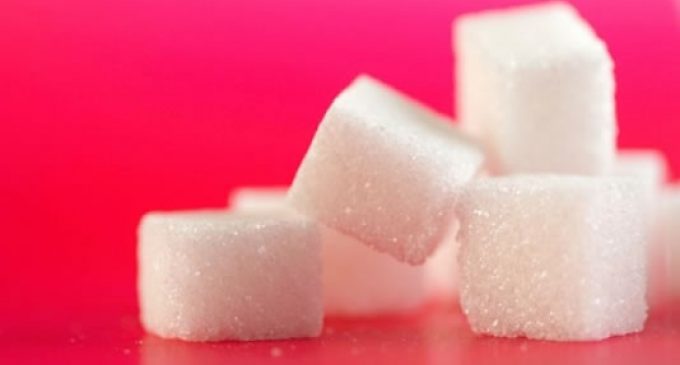Dietary advice on added sugars needs ‘emergency surgery’: BMJ commentary

The food industry has manipulated dietary advice on added sugars for profit – and the advice itself is in urgent need of an overhaul, asserts a new commentary published in the Journal of the British Medical Association (BMJ).
In 2003, the World Health Organization (WHO) put forward a recommendation that no more than 10% of total energy should come from added sugars – in line with the UK recommendations at the time. But the UK also recommended a 50% increase in the consumption of foods containing intrinsic sugars, like fruit, vegetables and bread. This combination resulted in a UK recommendation that total sugars should represent 20% of total energy – although the added sugars recommendation remained at no more than 10%.
The 20% figure has formed the basis of UK guideline daily amounts (GDA) labelling since 2003 and has influenced Europe-wide legislation.
In this new commentary , Aseem Malhotra, interventional cardiology specialist registrar, at Royal Free Hospital in London writes: “I believe that not only has this advice been manipulated by the food industry for profit but that added sugar is a risk factor for obesity and diet related disease.”
Dr Malhotra argues that the current advice on added sugars “is in desperate need of emergency surgery.”
Malhotra cites dietary guidance from the United States’ Department of Agriculture, which would put the amount of added sugar in a can of regular cola (nine teaspoons) at triple the upper limit for an eight year old child.
“The UK GDA label describes these nine sugar lumps as 39% of the guideline daily amount,” he writes. “Based on this false reassurance, it would be understandable for parents to believe it is safe for their child to drink two and a half cans a day.”
In both the EU and the US, food labels do not differentiate between added sugars and those intrinsic to foods.
“It is therefore almost impossible for consumers to determine the amount of added sugars in foods and beverages,” Malhotra said.
Among other sources, he cites the American Heart Association’s position that excessive consumption of added sugars has been linked to “several metabolic abnormalities and adverse health conditions combined with shortfalls in essential nutrients”.
Meanwhile, British organisations including the British Dietetic Association and Diabetes UK have not recognised a link between excess sugar consumption and adverse health effects, other than tooth decay – a position Malhotra suggested may be due to corporate sponsorships.
“However, a spokesperson for Diabetes UK has told the BMJ that the idea that the organisation might have a conflict of interest because of a relationship with a corporate partner was absurd,” he wrote.


































